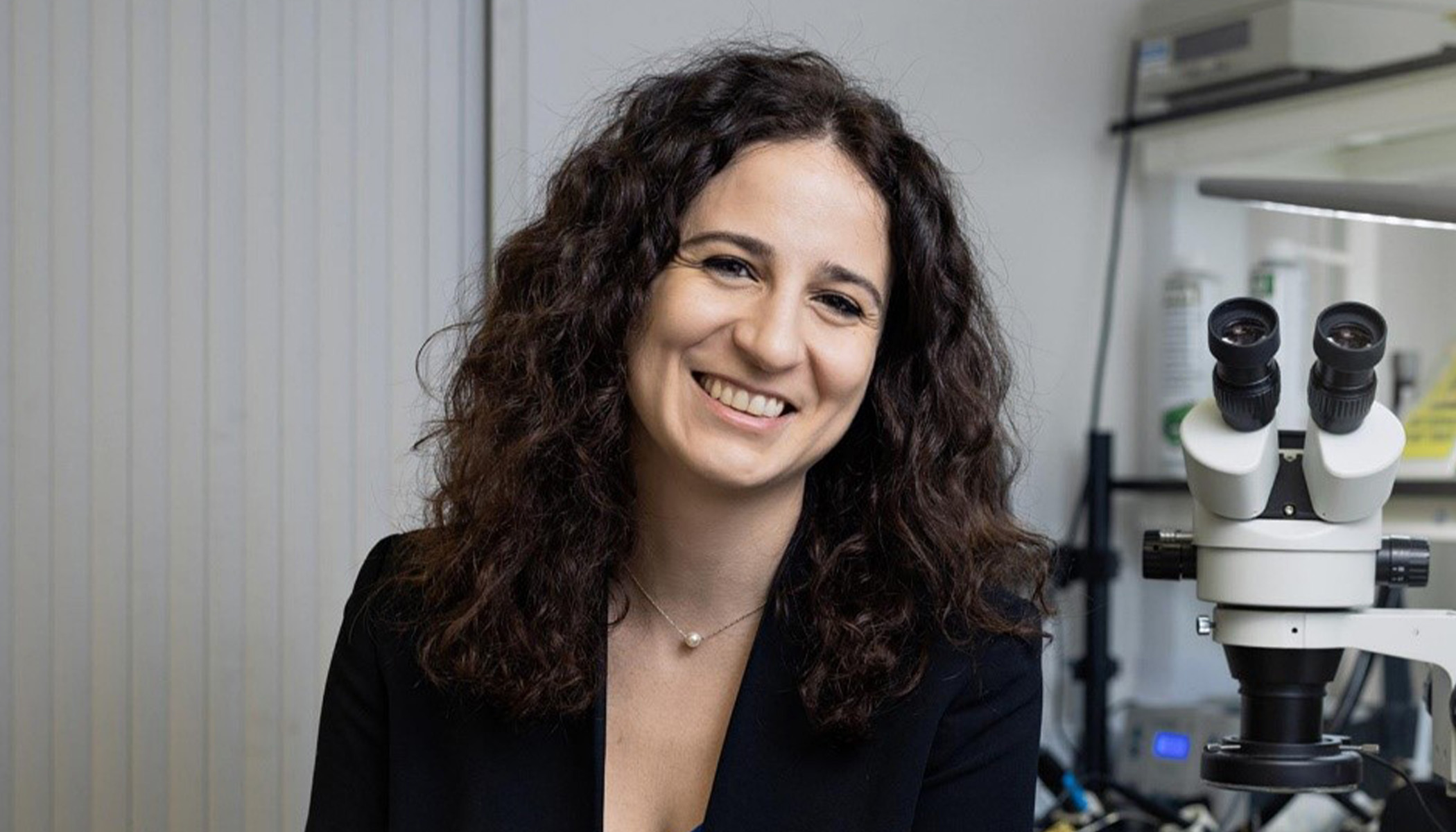Cambridge’s leadership in knowledge exchange has been recognised in today’s Knowledge Exchange Framework 2 (KEF2) results, published by Research England.
Cambridge secured the highest performance scores in many areas of knowledge exchange, with very high engagement for intellectual property (IP) commercialisation, research partnerships, working with business, and working with the public and third sectors.
The KEF provides a range of information about the knowledge exchange activities of English higher education institutions – in other words, how each institution works with external partners, from businesses to community groups, for the benefit of the economy and society.
When compared with its peer group in cluster ‘V’ (very large, research-intensive universities), Cambridge shows:
- very high engagement for IP and commercialisation, and working with business
- very high engagement for research partnerships, as measured by co-authorship with non-academic partners and contributions to collaborative research
- very high engagement for working with the public and third sector, as measured by income from contract research, consultancy and the provision of facilities and equipment services to these partners
- high engagement for public and community engagement in line with the cluster average.
Cambridge scored highly for its IP commercialisation, in large part because of work done by Cambridge Enterprise, which works with academics to protect, develop and move innovations based on University research toward the market. Early stage innovations are licensed to existing companies for development or spun out as new companies. The goal is getting early stage ideas out of labs and into use, for the benefit of society and the economy.
In the financial year 2020-2021, Cambridge Enterprise approved £5.7m of investments in 21 companies, 7 of which were at seed stage. Among these were three companies developing new technologies focused on reducing carbon emissions—Nyobolt, Echion Technologies and Carbon Re. These three companies collectively raised over £20 million of investment and are helping to move the world to a more sustainable future.
Cambridge Enterprise is part of an extensive support infrastructure that helps postdocs, academics and staff plan, launch and fund successful ventures. Cambridge Enterprise and the Entrepreneurial Postdocs of Cambridge, for instance, together run an annual Postdoc Business Plan Competition designed to help accelerate the creation of businesses based on Cambridge research.
Now in its eighth year, the competition has led 73 teams through a programme of training, mentoring and business plan iteration. These 73 teams have gone on to raise over £69 million in investment. Among the winners of the competition is Dr Giorgia Longobardi (pictured), whose spin-out Cambridge GaN Devices has developed a range of power devices using the energy-efficient semiconductor gallium nitride, heralding a new era of greener electronics. The £20,000 first prize in 2016 was invested in, and helped accelerate, the company.
Combining expertise at the University of Cambridge with the insights, resources and capabilities of commercial partners enhances the ability to change lives through, for example, pioneering new cures for disease, making breakthroughs in energy transition and shaping a more sustainable, more equitable future.
This has led, for instance, to the launch of the Cambridge Centre for Artificial Intelligence in Medicine in partnership with AstraZeneca and GSK, the creation of a recruitment programme for neurodiverse individuals in partnership with Aviva, and a partnership with KPMG to look at the future of work, starting with mental wellbeing.
With support from Cambridge Zero, which aims to maximise the University’s contribution towards achieving a resilient and sustainable zero-carbon world, work has been ongoing to establish broad academic–industry networks to promote wider collaborations in key decarbonisation challenge areas. In addition, a partnership with South Korean investment group WP Investment Company (WPIC) is seeking to progress research in sustainable energy systems, particularly the production of lithium and its use in batteries for electric vehicles.
The Knowledge Exchange Framework has been developed by Research England, a public body that funds Higher Education Institutions to undertake research and knowledge exchange.
Andy Neely, Pro-Vice-Chancellor for Enterprise and Business Relations, University of Cambridge:
“The University of Cambridge has a fantastically rich knowledge exchange ecosystem. Here, unique and constantly-evolving support systems, physical spaces and development opportunities exist to enable the pursuit, dissemination and application of world-leading research and knowledge for the benefit of society. This ecosystem, together with productive relationships with our industry partners, many of them stretching back over decades, and the many opportunities for public engagement, helps ensure that Cambridge is a vibrant and welcoming place for knowledge exchange.”
Diarmuid O’Brien, Chief Executive, Cambridge Enterprise:
“University research and innovation have a vital role to play in confronting huge global challenges such as climate change. That is our mission, to help the University’s researchers bring positive change to the world through their research.”
Karen Kennedy, Director of the Strategic Partnerships Office, University of Cambridge:
“By working in partnership with businesses and other organisations, we are able to turn our research into new technologies, therapeutics and applications that will make a positive difference to people’s lives, both in the UK and around the world. The KEF has an important role to play in highlighting the value of such collaborations and we are delighted that Cambridge has been recognised for its strength in this regard.”
David Sweeney CBE, Executive Chair of Research England:
“Knowledge exchange is integral to the mission and purpose of our universities, and its importance in contributing to societal and economic prosperity is strongly supported by the Government. Today’s new version of the Knowledge Exchange Framework takes further forward the vision and potential of KE activity, providing richer evidence to demonstrate universities’ strengths in different areas when set alongside their peers.”










